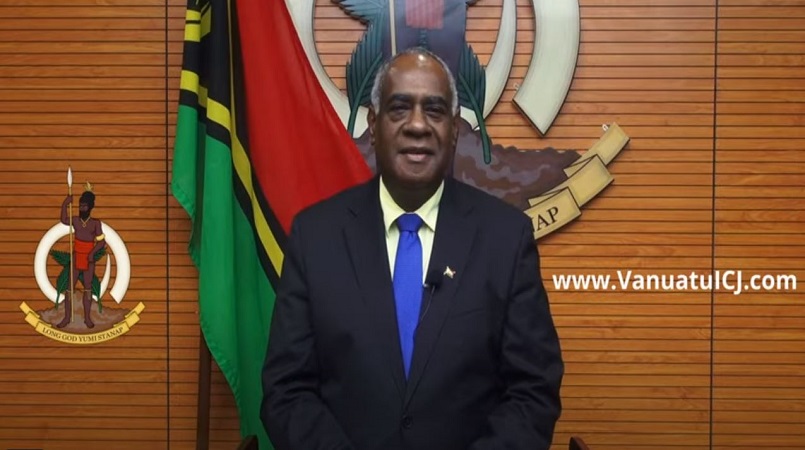
In a triumph for global climate diplomacy, the United Nations (UN) General Assembly today adopted a resolution led by Vanuatu seeking the world body's top court to outline legal obligations related to climate change.
The resolution was adopted by consensus.
“Today we have witnessed a win for climate justice of epic proportions,” said Ishmael Kalsakau, Prime Minister of Vanuatu, in a video statement responding to the adoption of the resolution.
“Vanuatu sees today’s historic resolution as the beginning of a new era in multilateral climate cooperation, one that is more fully focused on upholding the rule of international law and an era that places human rights and intergenerational equity at the forefront of climate decision-making.”
The resolution asks the ICJ to pay particular attention to the harm inflicted on small island nations, which are particularly vulnerable to rising sea levels, increased and more severe storms, and other climate impacts.
Vanuatu and 17 other countries want the International Court of Justice (ICJ) to determine the role of countries’ obligations in upholding the rule of international law, protecting human rights, promoting intergenerational equity and enabling ambition in climate negotiations.
The initiative is aimed at providing clarity on existing international law as it relates to climate change and strengthening the rule of existing international law.
Vanuatu is one of many small island nations in the midst of a climate crisis.
Earlier this month, the country was hit by two Category 4 tropical cyclones in less than five days—an unprecedented weather event resulting in an ongoing state of emergency that is estimated to cost Vanuatu more than half of its annual gross domestic product.
The idea for obtaining an ICJ advisory opinion began with law students at the University of the South Pacific, who persuaded Pacific Island leaders to take the issue to the United Nations.
The government of Vanuatu launched its campaign in September 2021, and through careful diplomacy and with the support of a core group of countries and youth-led organizations, secured the introduction and adoption of the resolution.
The core group of countries comprises Angola, Antigua & Barbuda, Bangladesh, Costa Rica, Germany, Liechtenstein, Federated States of Micronesia, Morocco, Mozambique, New Zealand, Portugal, Romania, Samoa, Sierra Leone, Singapore, Uganda, Vanuatu and Vietnam.
Next steps include communication of the resolution by the UN to the ICJ, and the ICJ commencing with the legal proceedings.
Photo credit Govt Caption: Ishmael Kalsakau, Prime Minister of Vanuatu
